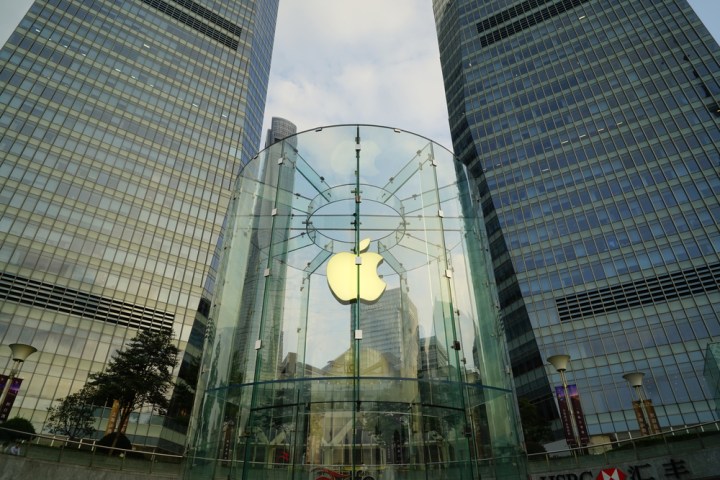
The iPhone maker will work with manufacturers in China to achieve this goal. Foxconn — the major contractor for the iPhone and iPad — plans to work with Apple to construct 400 megawatts of solar energy by 2018. Apple will add to the pool with 200 megawatts of solar energy. Combined, that is enough clean energy to power more than 600,000 homes a year in China.
Apple and its suppliers in the region aim to distribute two gigawatts of clean energy into the country in the coming years. Apple pledged to cooperate with suppliers on energy efficiency audits, submit to regulatory guidance, and offer the best practices for building clean energy practices along its manufacturing lines.
“Climate change is one of the great challenges of our time, and the time for action is now,” Tim Cook, Apple’s CEO, said in a statement. “The transition to a new green economy requires innovation, ambition, and purpose. We believe passionately in leaving the world better than we found it and hope that many other suppliers, partners, and other companies join us in this important effort.”
The new initiative is part of Apple’s global push for cleaner energy standards. The company recently received a solid A-grade performance rating from Greenpeace. The organization said Apple is the golden standard for clean energy. In the U.S. and now in China, Apple runs its retail and business operations with 100 percent clean energy. Worldwide, it is almost there, running on 87 percent clean energy.
China has been hit with some of the worst ratings for pollution and environmental standards in recent years, but the country is starting to clean its act. It added five gigawatts of solar energy in the first quarter of 2015 alone, more than the entire solar energy grid in France. The country is even surpassing America’s adoption of solar energy.
There is still a lack of environmental standards for manufacturers in Chinese cities to adhere to, which is why Apple is stepping in and partially funding the clean energy development.
The Chinese market is very significant to Apple, especially for iPhone sales. Investing in clean energy and infrastructure might put Apple on better terms with the Chinese government, which has been hostile to American businesses in the past, apparently hacking iCloud before the iPhone launched in the country.


